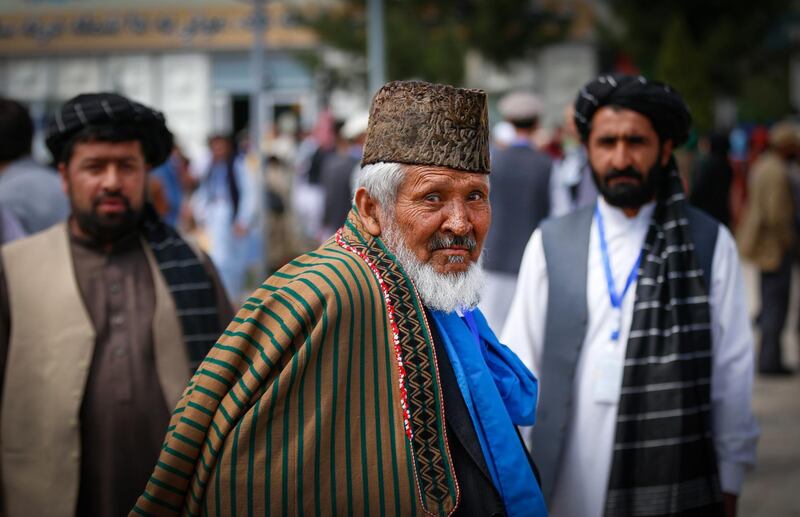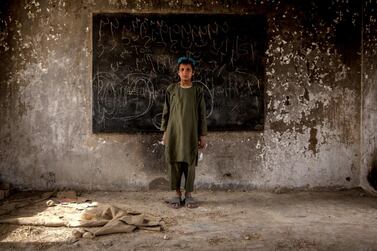Afghan officials gathered at a grand assembly in Kabul have demanded a new ceasefire in the country as the three-day gathering came to an end on Thursday.
The "loya jirga" as it is known has brought together thousands of religious and tribal leaders, but omitted the Taliban, which refuses to engage with the government in Afghanistan. It views President Ashraf Ghani's authority as illegitimate and remains engaged in peace talks with the US in Qatar in a bid to make Washington remove their forces from the country.
While the full results of the summit may not be announced until Friday, several committee leaders said they wanted to see an immediate pause in violence, which has continued apace across Afghanistan even with various peace summits taking place.
"Every day, Afghans are being killed without any reason. An unconditional ceasefire must be announced," said Mohammad Qureshi, head of one of the jirga's many committees.
Huge swathes of Afghan society worry that if the US does make a deal with the Taliban, the militant Islamists would try to seize power and undo advances in women's rights, media freedoms, and legal protections.
The Taliban has steadfastly refused to talk to the Afghan government, which it views as a puppet regime.
That means that even if the US and the Taliban can agree to a deal to end the war and a timetable for an eventual troop withdrawal, the insurgents must still forge some kind of an accord with Afghan politicians and tribal elders before an enduring ceasefire could kick in.
"We dont want such a peace that women's rights are not respected, freedom of expression are not ensured, elections are not held," committee member Faizullah Jalal told the summit.
Several delegates also rejected Taliban and opposition calls for an interim government when President Ashraf Ghani's term expires this month.
"It is you who will show the government the way towards peace and the government will do what you demand," jirga chairman Abdul Rab Rasul Sayyaf said.
"No one will impose anything on you."
Several opposition figures had boycotted the assembly, complaining it amounted to a political rally for Ghani, but Sayyaf said the summit was not aimed at supporting any particular candidate for the September presidential elections.
The loya jirga is a centuries-old tradition in Afghanistan that has been convened at times of national crisis or to settle big issues.






